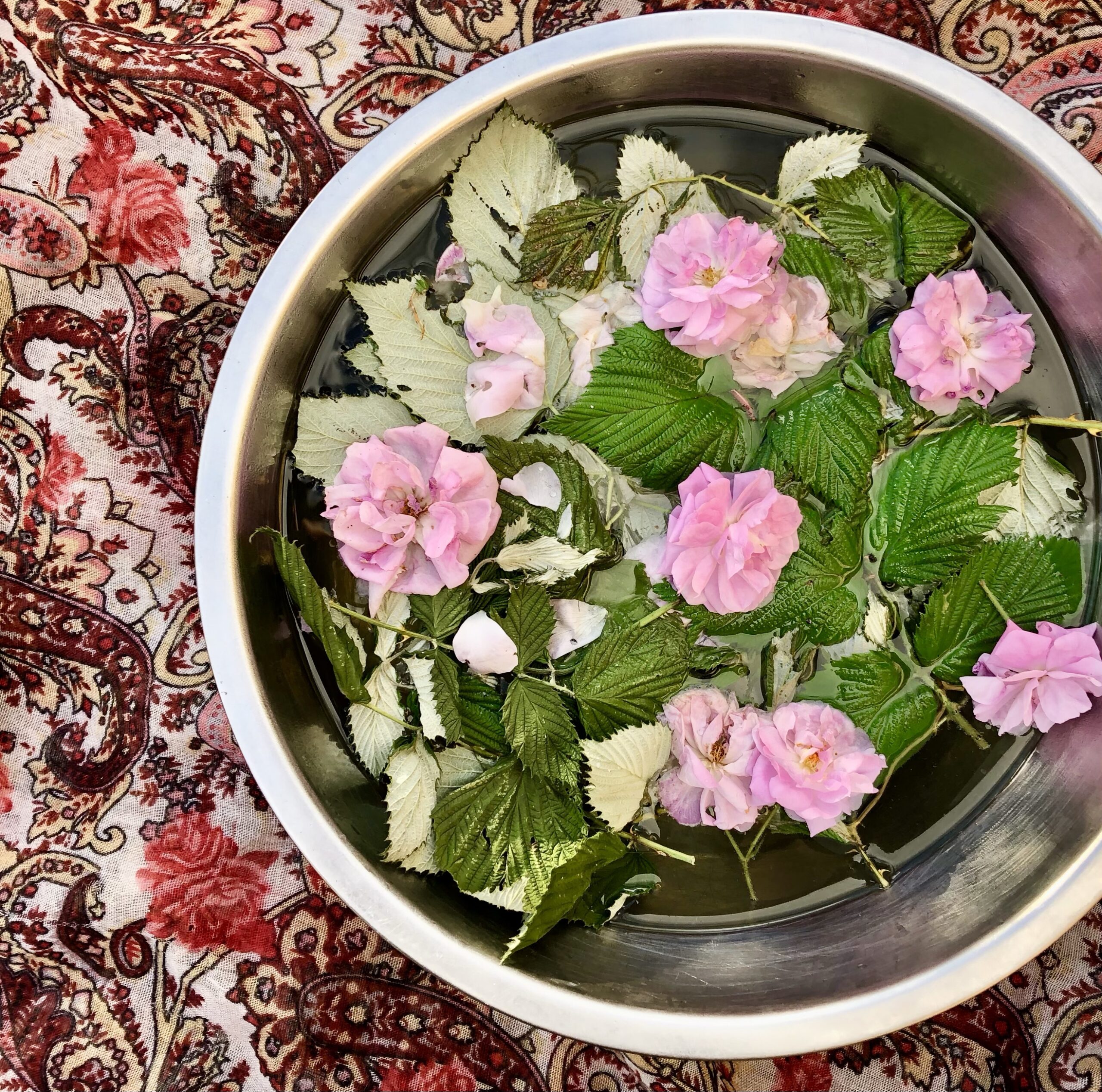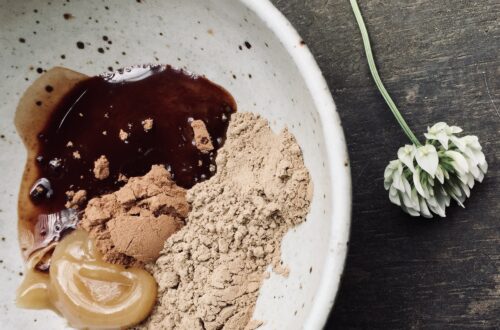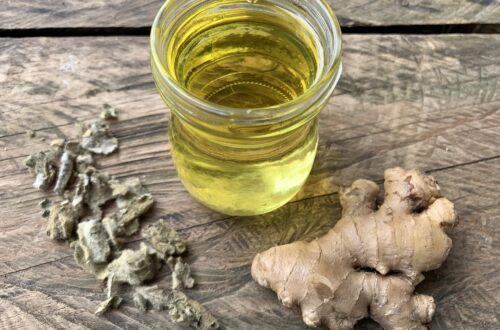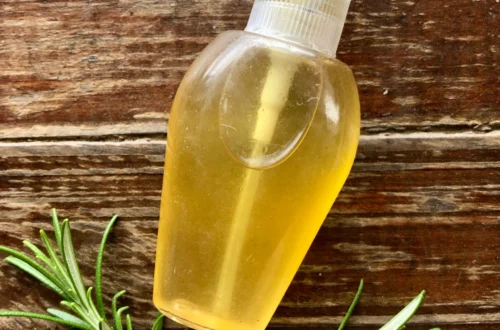Last Updated on June 10, 2025
Vaginal steaming, also commonly called yoni steaming, is a self-care practice that has its roots in many different cultures worldwide. It involves squatting or sitting on a steam chair over a bowl of hot water and herbs.
Steaming is said to have a number of benefits for pelvic health. It can be helpful for easing PMS and menopause symptoms. Women also report its usefulness for various conditions, including pelvic organ prolapse, fibroids, endometriosis, PCOS, ovarian cysts, painful sex, infertility, and more.
In 2019, a Fourth Trimester Vaginal Steam Study, “found that postpartum steaming was useful for more speedily returning the vulva back to it’s pre-pregnancy state; expelling lochia (postpartum discharge) more quickly; reducing the strength and occurrence of postpartum contractions; lowering blood pressure and pulse; helping the uterus to shrink back down below the pelvic bone in a shorter amount of time; accelerating waist and weight reduction; alleviating suture discomfort such as itchiness, tightness, pulling or tenderness; improving bowel regularity; and lowering the instance of postpartum hemorrhoids,” says Keli Garza, owner of the company, Steamy Chick, and the founder of the Peristeam Hydrotherapy Institute.
While steaming does have many potential benefits, it’s important to note that there are certain situations where it should be avoided, including during pregnancy, & active menstruation, or if you’re experiencing spontaneous vaginal bleeding, or genital burning and/or itching. You also shouldn’t steam after insemination when you’re trying to conceive.
There are many herbs that can be used for vaginal steaming, all offering different benefits. Raspberry leaf & rose is a simple yet potent combination that is one of my favorites.
Raspberry leaf (Rubus idaeus & related species) is an astringent herb that has long been cherished as a uterine tonic. It has been used for painful menstruation, heavy menstrual bleeding, amenorrhea, and pelvic organ prolapse. It is antioxidant and nutrient rich, containing vitamins A, C, and E, as well as calcium, iron, and potassium.
Rose (Rosa spp.) is astringent, helping to soothe and tone skin tissues. It also works on an energetic level, helping to heal the emotional heart. Herbalist Rebecca Altman says,“rose softens the areas that we tense to protect ourselves, unraveling emotional tension patterns that get locked in the body. Rose naturally works in places where ‘flow’ is impeded.”
Ingredients:
- 2 parts raspberry leaf
- 1 part organic rose petals
Directions:
Add herbs to a large heat-proof bowl. Pour boiling water over the herbs and cover the bowl with a lid. Let steep for about 10 minutes.
Remove your clothing from the waist down. Take the lid off the bowl and squat over it, or position the bowl under the opening of your steam chair. Wrap a large blanket or towel around your waist to trap the steam. Steam for 10–30 minutes.
Note: Use caution so as not to burn the delicate tissues of your pelvic region. If at any point during the steam session you begin to feel discomfort or pain, unwrap the towel to release some steam or raise your body higher above the bowl.
References
Altman, R. (n.d.) On Courage. https://wonderbotanica.com/newsletterarchive/on-courage?rq=Rose
Altman, R. (n.d.) Wild Rose Medicine. https://wonderbotanica.com/newsletterarchive/rose-medicine?rq=Rose
Brighten, J. (2022) What is Vaginal Steaming? Steaming Benefits Vs. Safety. https://drbrighten.com/what-is-vaginal-steaming/
de la Forêt, R. (2022). Raspberry Leaf Uses. Herbs with Rosalee. https://www.herbalremediesadvice.org/raspberry-leaf-uses.html
de la Forêt, R. (2022). Rose Benefits. Herbs with Rosalee. https://www.herbalremediesadvice.org/rose-benefits.html
Garza, K. (2022) Vaginal Steam Contraindications: When Steaming is Not Safe. Steamy Chick Institute. https://steamychick.institute/article80/
Garza, K., Johnson, K., Lemus, R., and Phillips, Z.B. (2019). Fourth Trimester Vaginal Steaming: A Foundational Study. https://fourthtrimestervaginalsteamstudy.com/
Viereck, E. (2012). Alaska’s Wilderness Medicines: Healthful Plants of the Far North. http://www.ankn.uaf.edu/curriculum/books/Viereck/viereckraspberry.html





